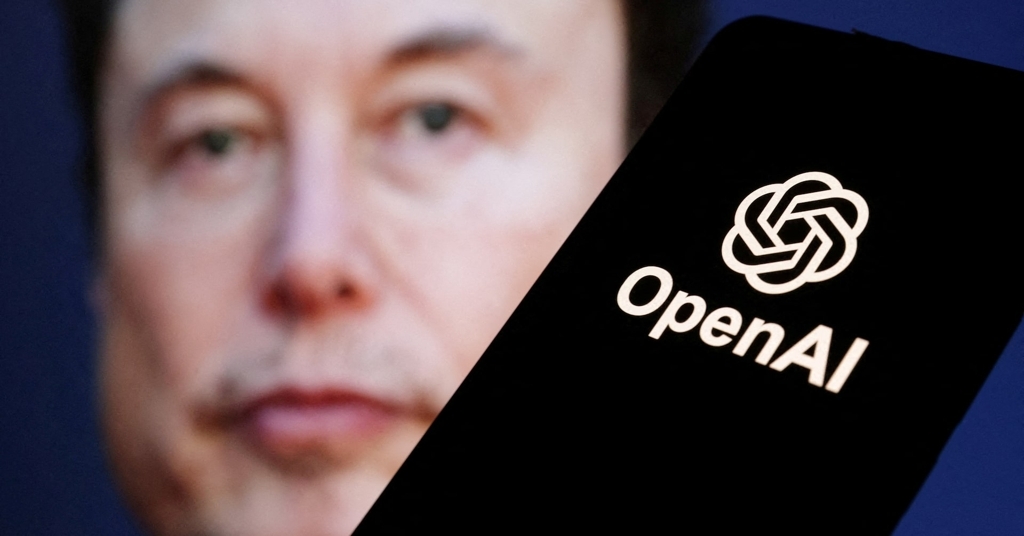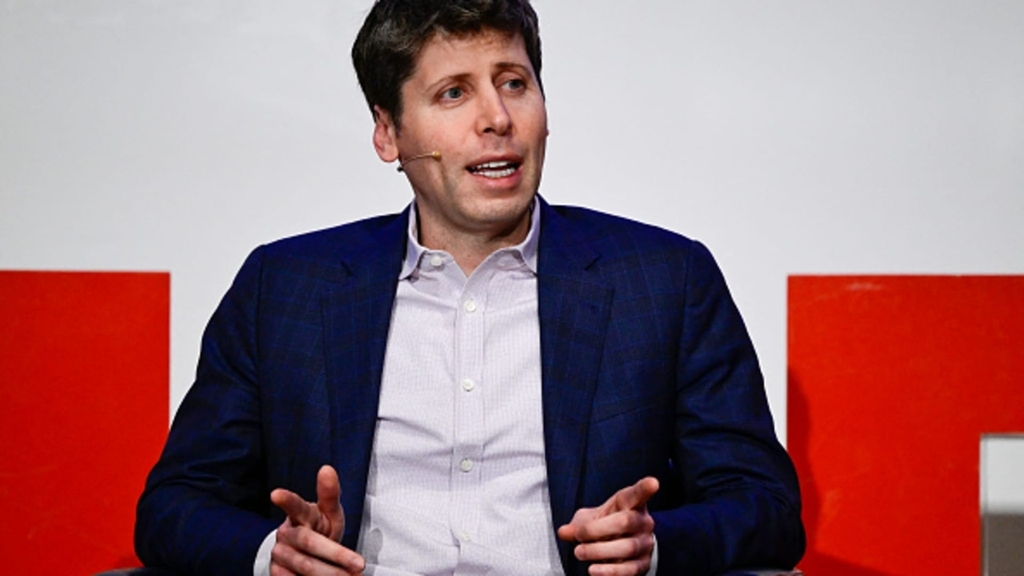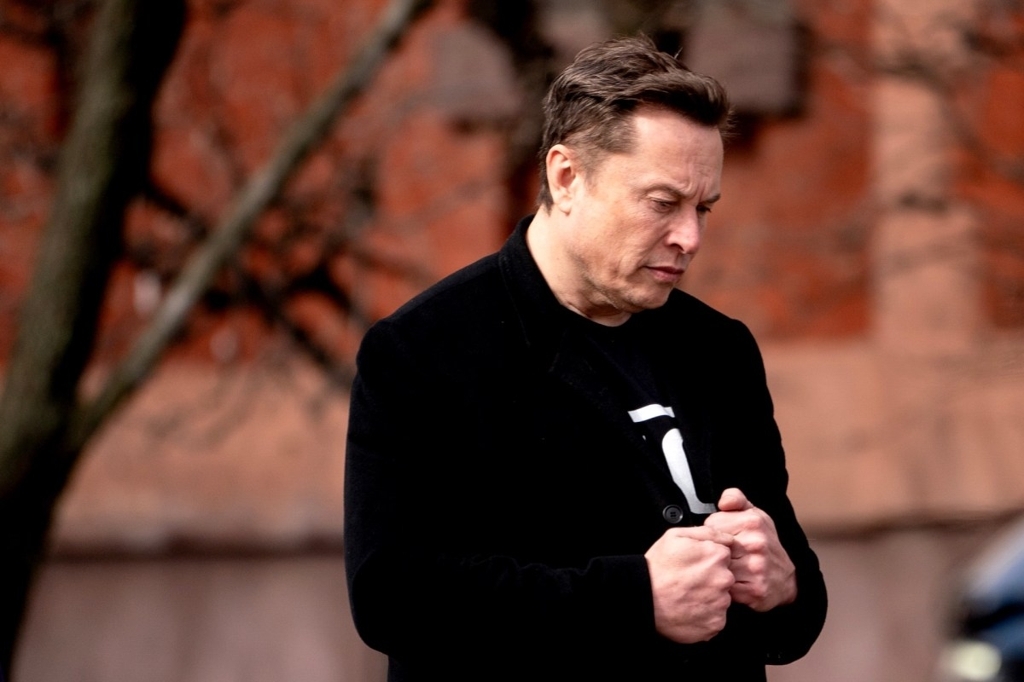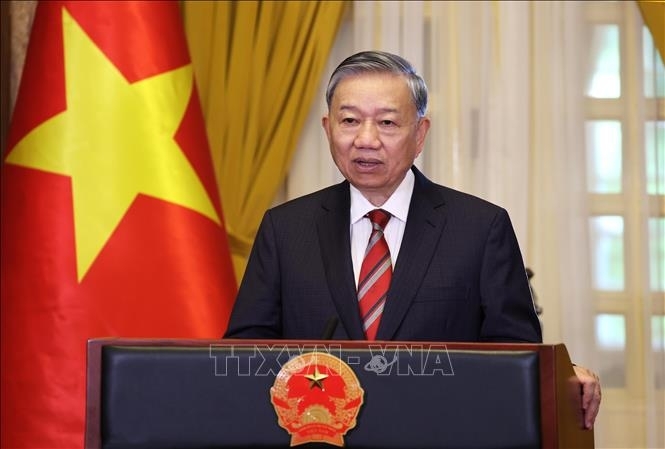Musk Fails to Block OpenAI's For-Profit Transition
Elon Musk's legal battle against OpenAI highlights the tension between profit motives and ethical AI development in a rapidly evolving industry.

Key Points
- The court rejected Elon Musk
's request to halt
OpenAI's transition to a for-profit model, citing the extraordinary nature of such an injunction.
- OpenAI argues that its for-profit shift is essential for raising capital and remaining competitive in the AI industry, despite Musk's claims of ethical violations.
- The fast-tracked trial will address Musk's contract allegations and the broader implications for AI development, highlighting the tension between innovation and ethics.
In a significant turn of events, a U.S. judge has denied Elon Musk's request for an injunction that would have halted OpenAI's transition from a nonprofit to a for-profit model. This decision marks a critical juncture for both Musk and OpenAI, as the legal struggle over the future direction of artificial intelligence development enters a new phase. While the stakes are high, this case underscores the complex interplay between innovation, competition, and ethical responsibility in AI.
Judge Yvonne Gonzalez Rogers, presiding over the case, deemed Musk's request "extraordinary and rarely granted", highlighting the court's reluctance to intervene so dramatically in corporate restructuring. However, she also acknowledged the need to address Musk's claims by expediting other parts of the lawsuit, indicating her recognition of the public interest involved.

The Background of the Dispute
Elon Musk, a co-founder of OpenAI, spearheaded the nonprofit organization with the aspiration of developing artificial intelligence aimed at benefiting humanity. However, after stepping away from the company in 2018, Musk's vision appears at odds with OpenAI’s recent strategic shift toward a profit-driven agenda. In his perspective, the rapid commercialization of AI technology could compromise its inherent mission.
In legal filings, Musk accused OpenAI of engaging in anticompetitive behavior, claiming that they discouraged investments in rival AI companies, including his own venture, xAI. Musk's legal team pointed out that some investors were warned about the consequences of making non-passive investments in competing projects, which they argued stifled competition unfairly.

Implications of the Court's Decision
The court's decision not only affects Musk's ambitions but also opens the door for OpenAI to continue securing necessary funding through its new for-profit structure. OpenAI has stated that this shift is crucial for raising capital needed to thrive in the capital-intensive AI industry, which is seeing substantial investments from major players like
.
Despite Musk's assertion that OpenAI's transformation betrays its foundational purpose, OpenAI's current leadership, led by CEO
, argues that this move is essential for remaining competitive in an increasingly aggressive AI market. The company is reportedly engaged in discussions about a potential funding round that may see valuations soar to $300 billion—a significant financial leap that illustrates the immense potential for profit in the sector.

Looking Ahead: The Trial on the Horizon
While Judge Rogers has denied Musk's preliminary injunction, she has fast-tracked other parts of the lawsuit, indicating that the court recognizes the gravity of this legal conflict. The upcoming trial, anticipated to occur in fall 2025, will explore Musk's allegations concerning breaches of contract and the principles underlying OpenAI's nonprofit mission.
The anticipation surrounding this trial reinforces the reality that Musk's challenge is not merely a personal vendetta but reflects broader concerns about ethics in AI development. As AI continues to evolve, the necessity for a balance between innovation and ethical responsibility becomes increasingly apparent.
The greater implications of this case highlight the essential questions facing the technology sector: How can we ensure that AI development remains aligned with humanitarian goals while fostering competitive practices? Musk's legal battle may pave the way for important discussions on these critical issues as the findings of the court could influence future policies on AI governance.
This ongoing saga of Elon Musk and OpenAI serves as a poignant reminder of the complex landscape in which technological advancement and ethical considerations intersect. As the trial approaches, stakeholders in the AI community and beyond must engage in thoughtful dialogue to ensure that the future of AI is indeed one that prioritizes the greater good.


